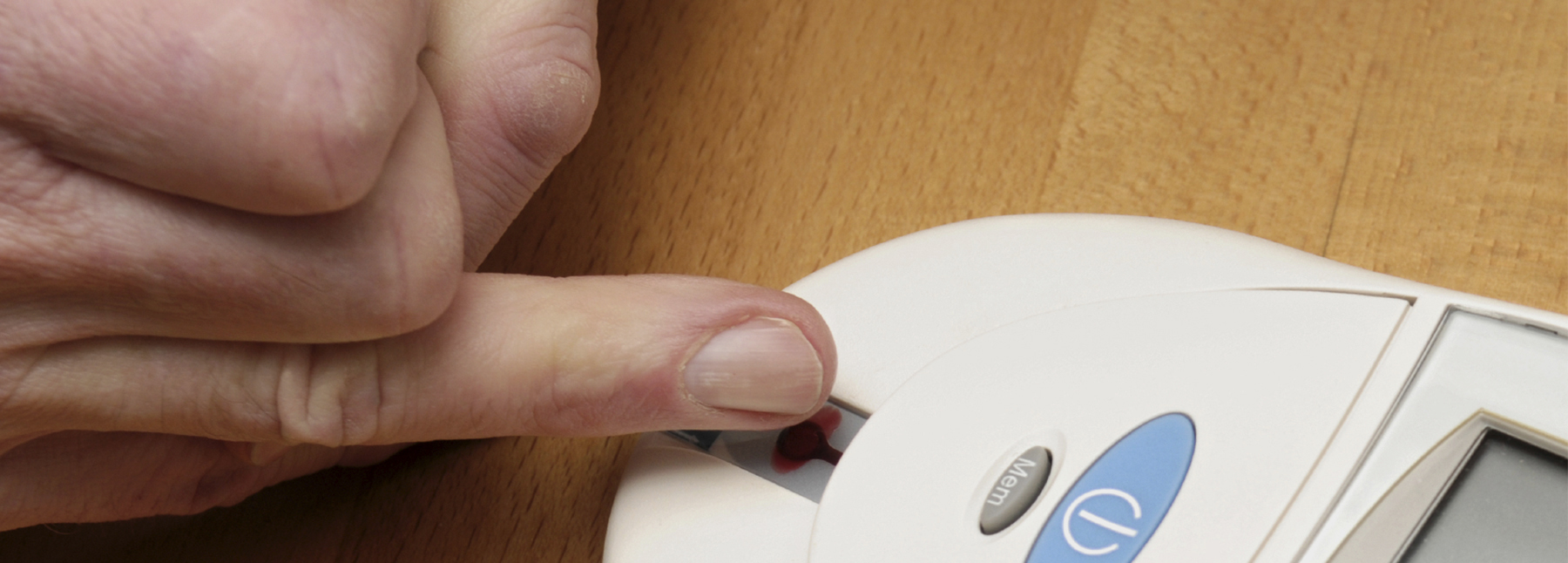The new recommendations represent a joint consensus statement from the European Atherosclerosis Society and European Federation of Clinical Chemistry and Laboratory Medicine involving 21 global medical experts from Europe, Australia and the US.
If you are aged 20 or older and have not been diagnosed with cardiovascular disease, the American Heart Association recommends having your cholesterol levels checked every four to six years as part of a cardiovascular risk assessment.
Generally you're required to fast, consuming no food or liquids other than water, for nine to 12 hours before the test for cholesterol and triglyceride measurement.
So far fasting has been required before in all countries except Denmark, where non-fasting blood sampling has been used since 2009.
The latest research from University of Copenhagen and published in the European Heart Journal, shows that cholesterol and triglyceride levels are similar whether you fast or not, which is beneficial for many patients for whom fasting can be a problem.
The research suggests that patients no longer need to fast.


